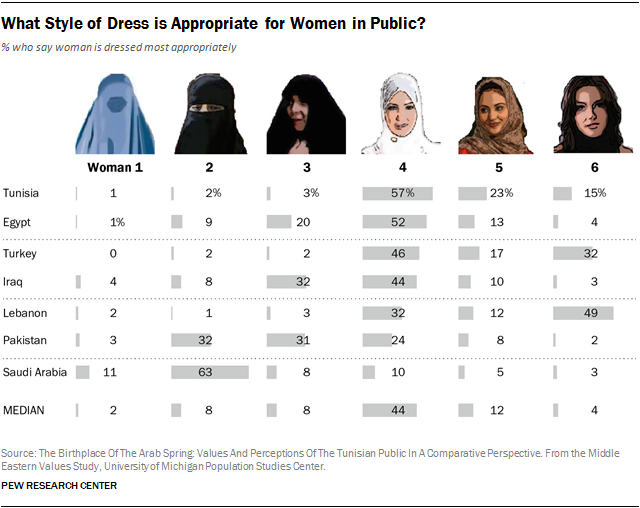In NPR’s Code Switch, Gene Demby reports that younger Americans share a lot of values, regardless of race, but are not fans of official Affirmative Action (although I wonder if MTV still qualifies as a “reliable weather vane of popular youth culture”):
“The first thing we wanted to just find out was how much our audience knew about bias, talked about bias and cared about bias,” Luke Hales, the lead researcher on the survey, told me. The poll was conducted ahead of MTV’s Look Different project, which is meant to help young people deal with bias and discrimination in their daily lives.
Equality Is Good …
What the pollsters found is that many values are shared across all racial groups, like a strong sense of the importance of equality. But they also found that the respondents seemed to lack historical perspective, which might not be too surprising because of their ages. Another reason they may not have much historical perspective? Race isn’t something they talk about very much. (More on that in a minute.)
Here’s what they agreed on, across all races. Respondents believed people should be treated the same, regardless of race, and they felt people their age believed in equality more than older people. Most felt President Obama’s election was proof that racism was mostly a phenomenon of the past, and that race was not a barrier to accomplishment.
Eight in 10 said they knew someone who was biased; 6 in 10 felt that they were not personally biased. More than half said that bias was a serious problem but that it was mostly hidden, and a solid majority said they’d worked to get rid of their own biases.
The pollsters found that respondents wanted a colorblind society and believed that “never considering race would improve society” — while at the same time they also said “embracing diversity and celebrating differences would make society better.”
Kids today! They just can’t seem to make up their minds.
… But Affirmative Action? Not So Much.
Significant majorities of both young whites (74 percent) and people of color (65 percent) said they were opposed to preferential treatment being given to one race over another, regardless of historical inequalities.
Relatedly, majorities of people of color and white people felt that people of color use racism as an excuse more than they should.





